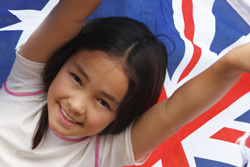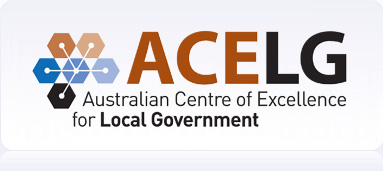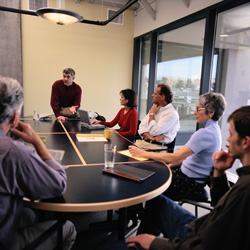The City of Stirling ran a CALD Youth Sport and Recreation Project from 2006-2009. The project aimed to engage young people, particularly those from African and Aboriginal backgrounds, in organised sport, recreation and leisure activities. It was based at a council-run recreation centre at Mirrabooka and staffed by a full-time Special Project Officer. The Department of Sport and Recreation, the Office of Multicultural Interests in Western Australia and the council funded this position.
Some of the objectives of this program were to:
- Enable sporting and community groups the opportunity to showcase their club and recruit new members through a wider range of community events and activities
- Provide training to build inclusive participation in sport and recreational activities in sporting clubs
- Increase opportunities to collaborate with peak ethnic community organisations
- Provide additional support to assist with engaging multicultural youth into your sporting club
- Deliver coaching workshops for multicultural youth
- Create new multicultural youth participation programs through sport and recreational activities
- Provide education and training around engaging CALD youth into sport, recreation and leisure activities
- Drive club development education specifically for CALD youth
- Deliver coaching and officiating courses for target groups to be role models.
The project was evaluated by the Social Justice Research Centre at Edith Cowan University. Baseline data was collated at the start of the program via:
- A questionnaire sent to all sporting clubs
- Interviews with key stakeholders (government agencies, NGOs and ethnic organisations)
- An audit of record keeping processes for attendance and participation.
During the project data was collected via:
- Re-interviewing the NGO and ethnic organisations and government agencies
- Interviewing a sample of the target group utilising the recreation centre
- Interviewing a sample of the target group in leadership roles
- Interviewing a sample of sport and recreation clubs.
However, the evaluation did come across problems such as:
- Low response rate from clubs to the questionnaire (only 27 out of 151 responded)
- NGOs, ethnic organisations and government agencies were hard to engage
- Few response levels from the target group in leadership roles.
The evaluators concluded that may be problems in evaluating refugee settlement programs due to:
- Conflict between NGOs and government agencies
- A lack of interest in outside research from refugees
- Significant difficulties in making contact with stakeholders
- Language barriers.
The evaluation found that whilst the project achieved increased participation in sport, recreation and leisure amongst the targeted groups, barriers to participation remained, especially for young women. Barriers for women included lack of childcare, few gender-specific activities and cost.
Sources: Dandy, J. & Pe-Pua, R. (2013). Research into the Current and Emerging Drivers for Social Cohesion, Social Division and Conflict in Multicultural Australia. pp.62-63. Report prepared for: Joint Commonwealth, State and Territory Research Advisory Committee
Hancock, P., Cooper, T., & Bahn, S. (2009). 'Evaluation of a Youth CALD (Cultural and Linguistically Diverse) Sports Program in Western Australia: Resettling refugees using sport as a conduit to integration'. Tamara: Journal of Critical Postmodern Organization Science, 8(8.2), 159-172.
 Local governments should evaluate the effectiveness of their efforts against initial measures and benchmarks. It is good practice to evaluate not just the outputs (what you did) but also the outcomes (what change occurred). Evaluation helps local governments maximise public value by allocating resources to programs and activities which support effective outcomes.
Local governments should evaluate the effectiveness of their efforts against initial measures and benchmarks. It is good practice to evaluate not just the outputs (what you did) but also the outcomes (what change occurred). Evaluation helps local governments maximise public value by allocating resources to programs and activities which support effective outcomes.
 A strong evaluation framework is one which:
A strong evaluation framework is one which:

